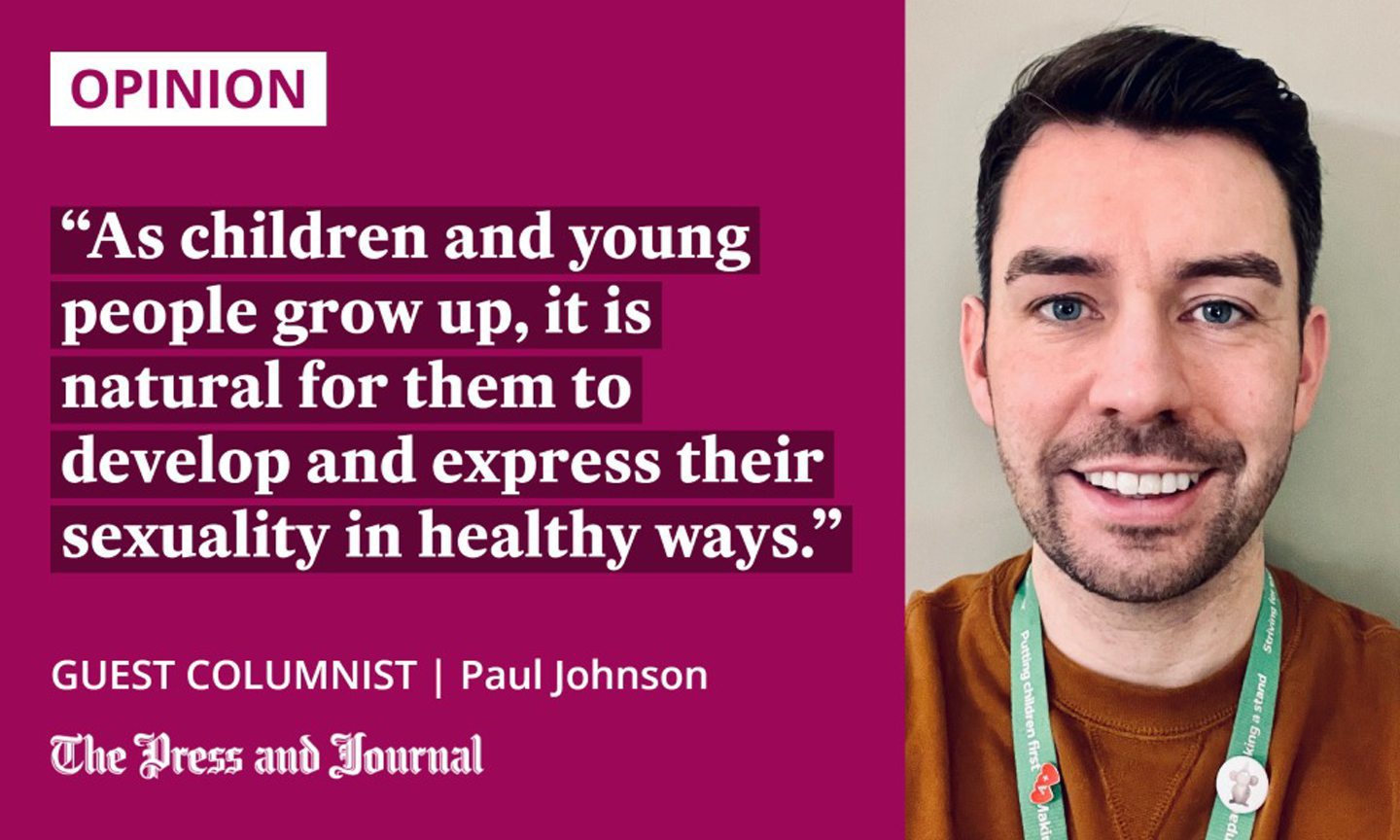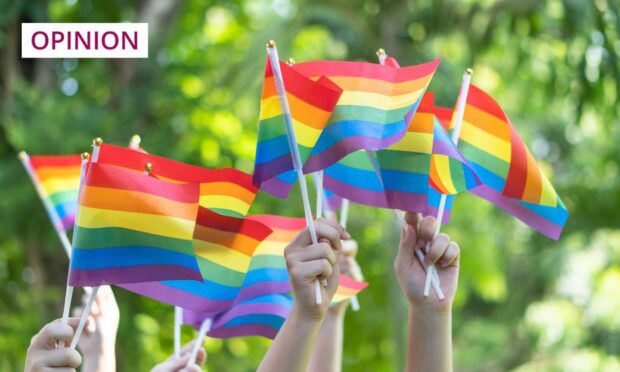June is Pride Month and, like the rest of the world, the festivities in Scotland are well underway.
Pride is a celebration of the history of gay rights and related civil rights movements which has been running since 1994.
The event is a great way to encourage young people to feel comfortable with talking about their sexuality and gender identity, especially since, at Childline, we have delivered more than 4,000 counselling sessions to young people in Scotland and across the UK over the last year with worries about these issues.
Young people spoke to trained counsellors about experiences of coming out, questioning their sexuality or gender identity, gender dysphoria, discrimination and prejudice to sexuality or gender identity, and self-acceptance.

Between April 2021 and March 2022, Childline delivered 490 sessions on the above concerns compared to 276 the year before – a 78% increase. We believe the sharp rise in young people needing support after being taunted and tormented is linked to children returning to face-to-face activities, following months of virtual contact due to the pandemic.
It can be a worrying time for young people who are facing these concerns, and it can be tough for parents and carers to know how to help. Pride provides an opportunity for parents and carers to acquire some knowledge around the subject in order to support their children, if they need it.
Every young person has a right to be listened to
As children and young people grow up, it is natural for them to develop and express their sexuality in healthy ways. Younger children might show curiosity about sex or the changes that happen during puberty, while older teenagers might start dating or having relationships.
They may be embarrassed or uncomfortable speaking to their friends or family about these subjects, because they don’t know how to start conversations, or they may be worried that people won’t be supportive.
One way for parents and carers to help their children feel confident to speak up is by simply having a conversation with them. Just by having a chat, or perhaps looking at some of the advice on the Childline or NSPCC websites, parents can help give young people the confidence to be proud of who they are.
No matter what a young person’s experience is with coming out or speaking about their gender identity or sexuality, at Childline we believe every young person has a right to be listened to. And they should be able to speak about any worries or questions they may have without feeling judged.
Childline is here for them. They can speak to a trained counsellor over the phone on 0800 1111, by email, or in a one-to-one chat via the Childline website.
Paul Johnson is Childline team manager for Aberdeen

Conversation